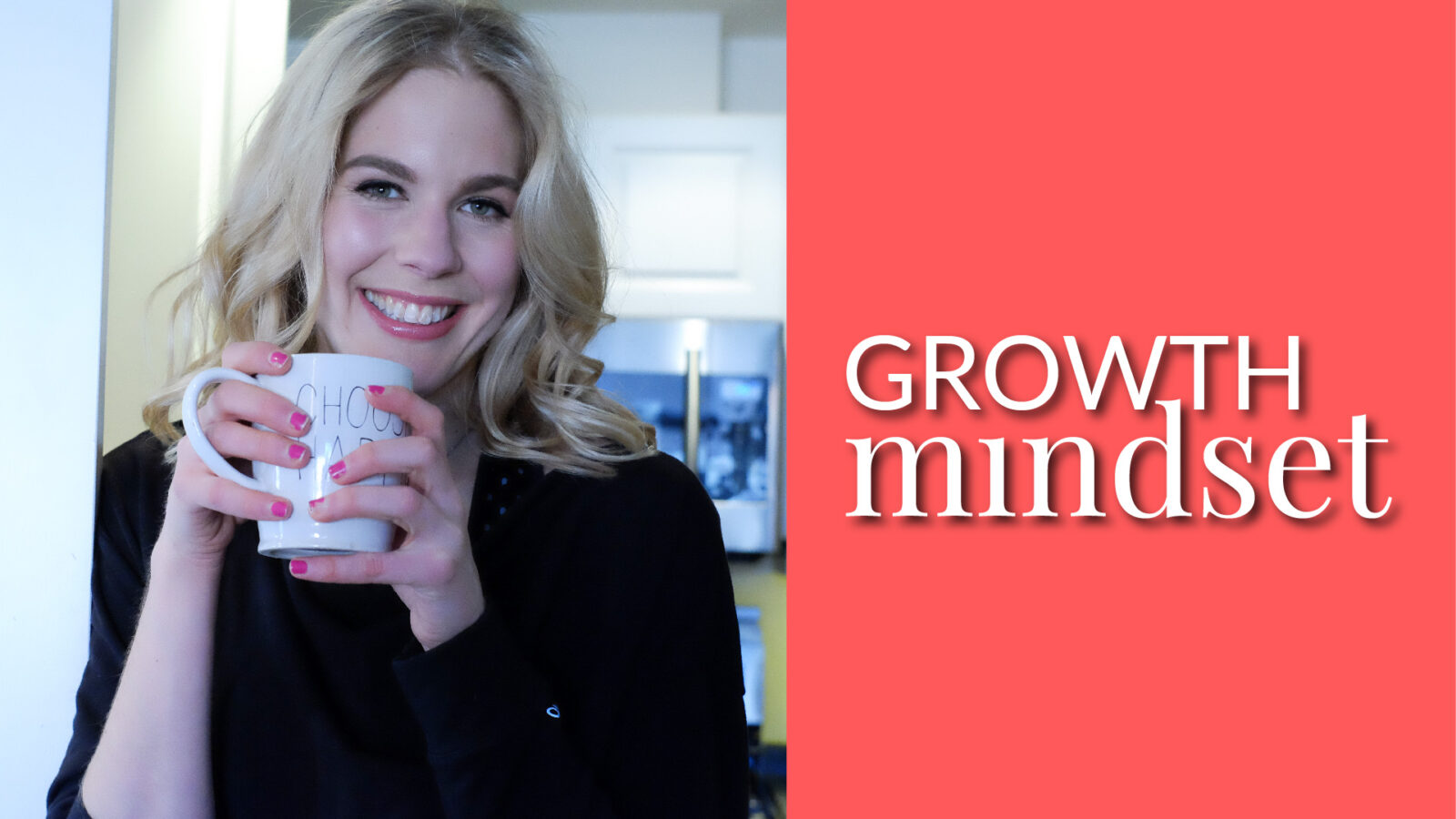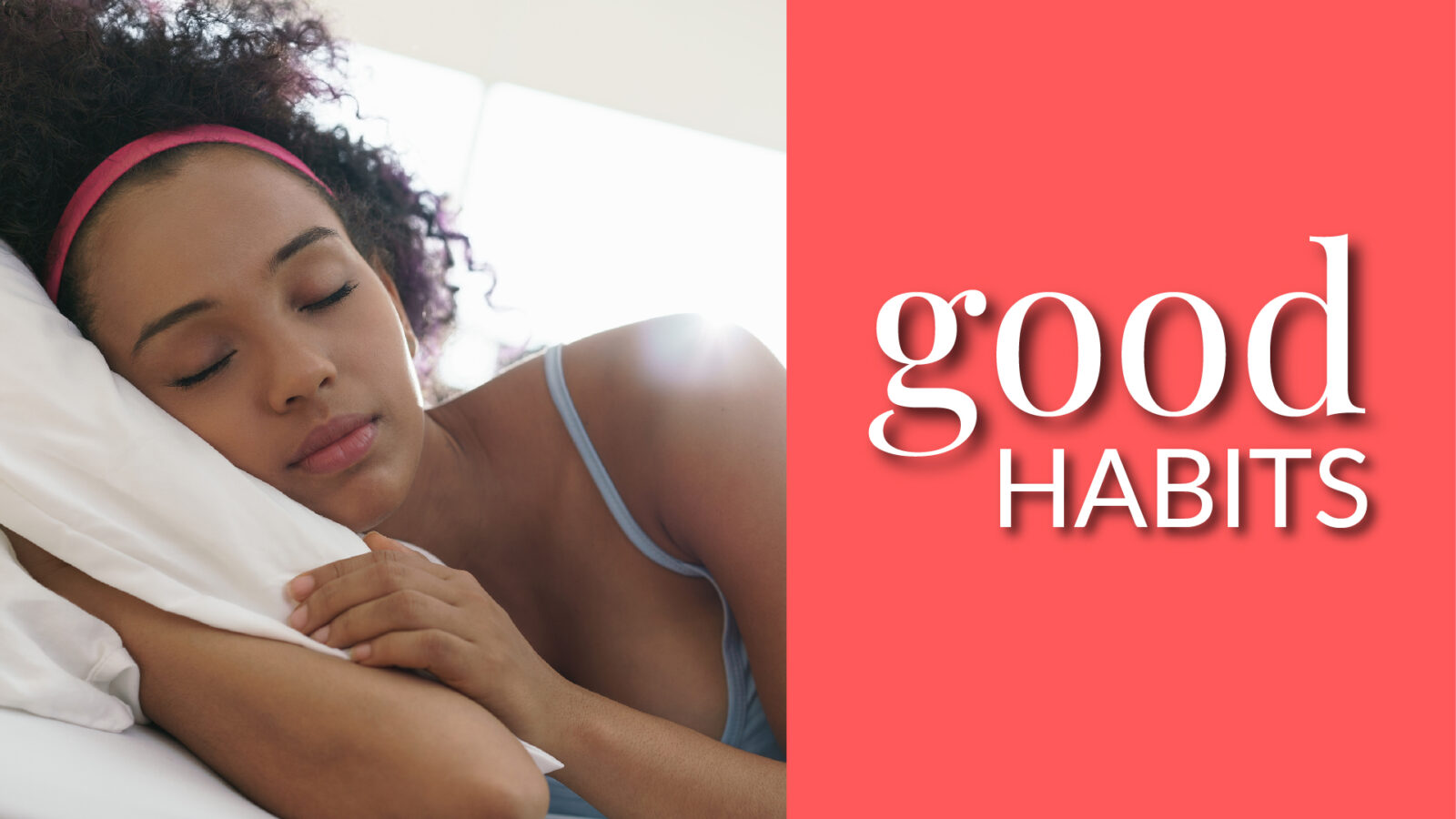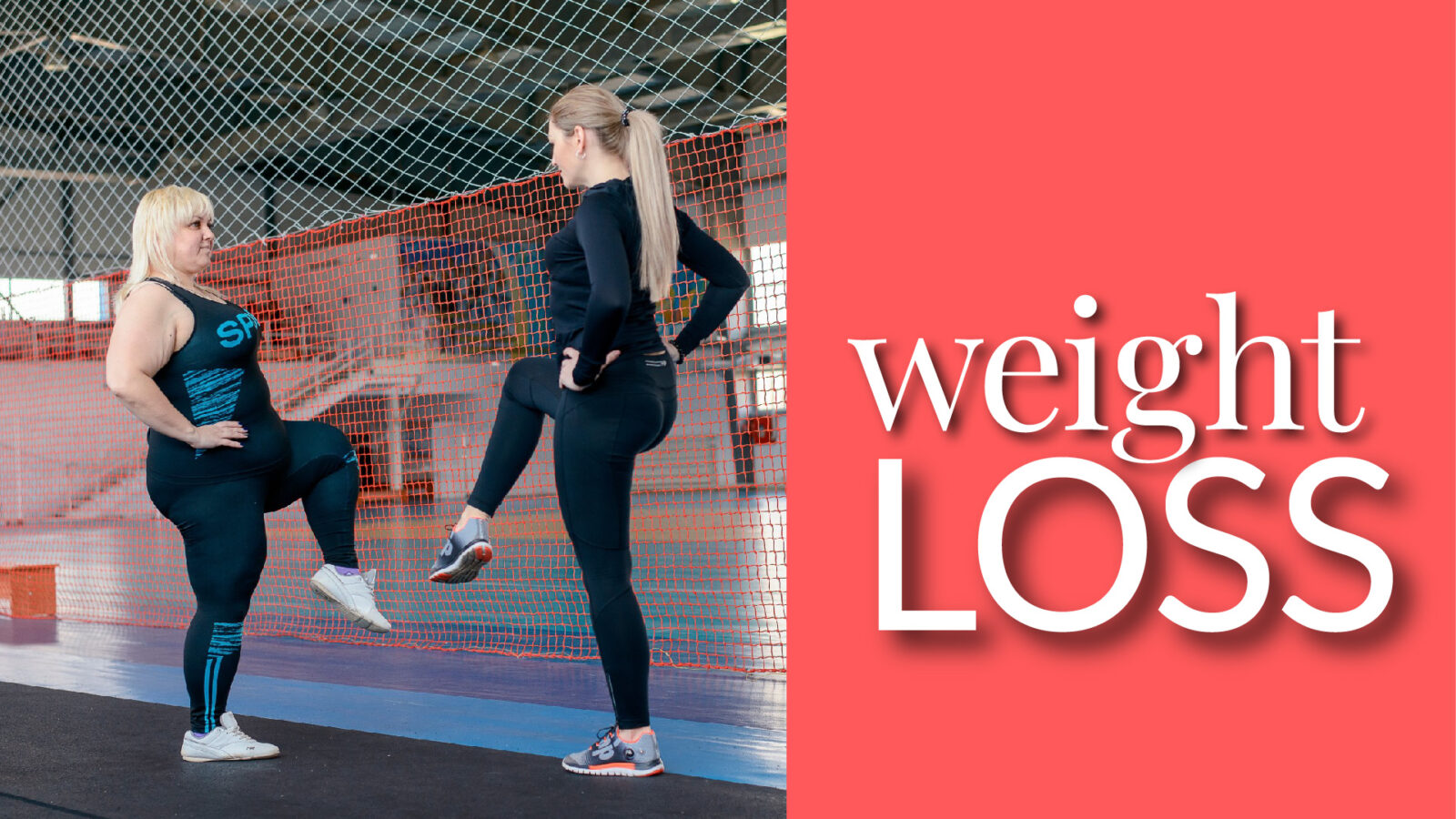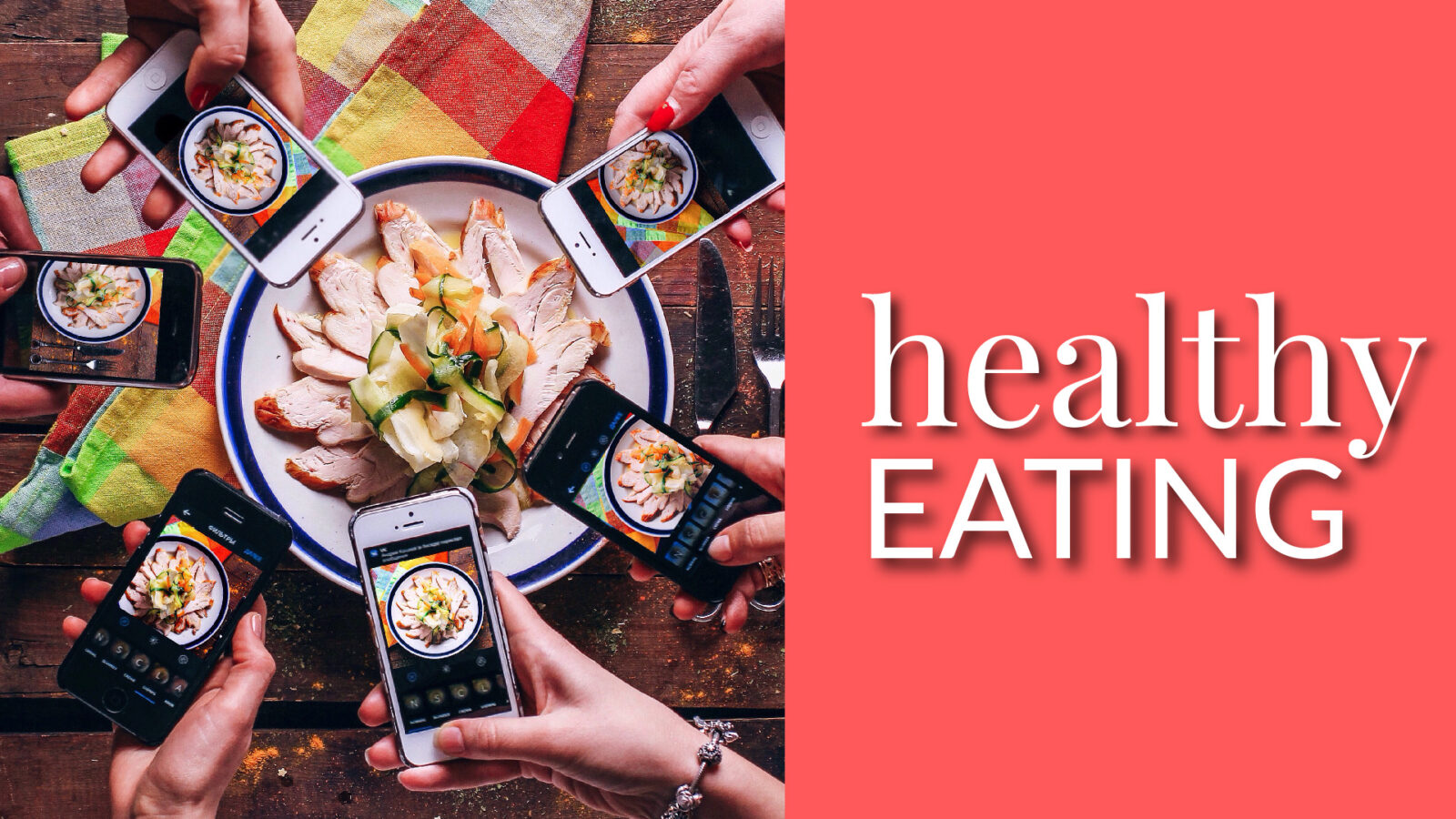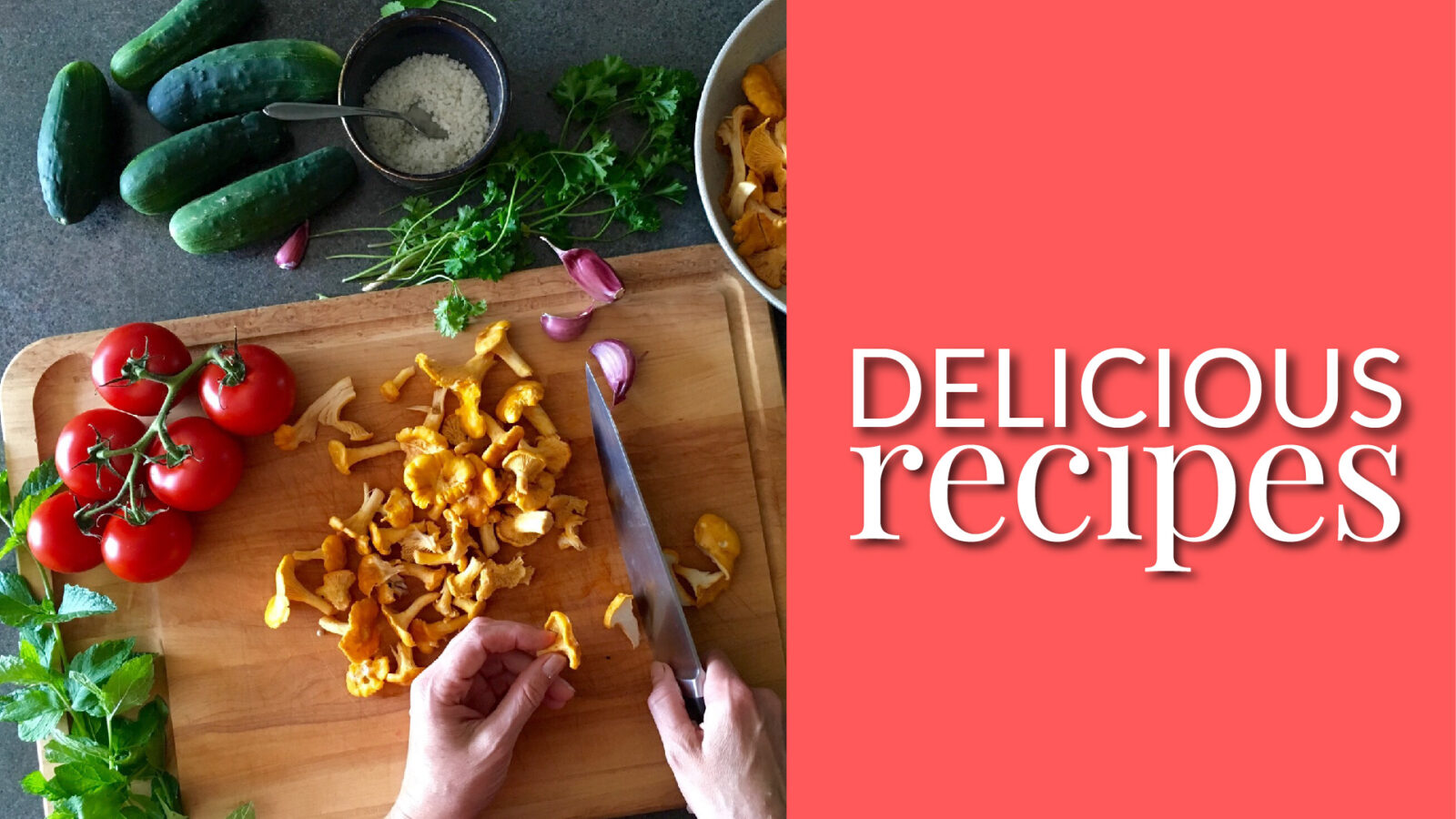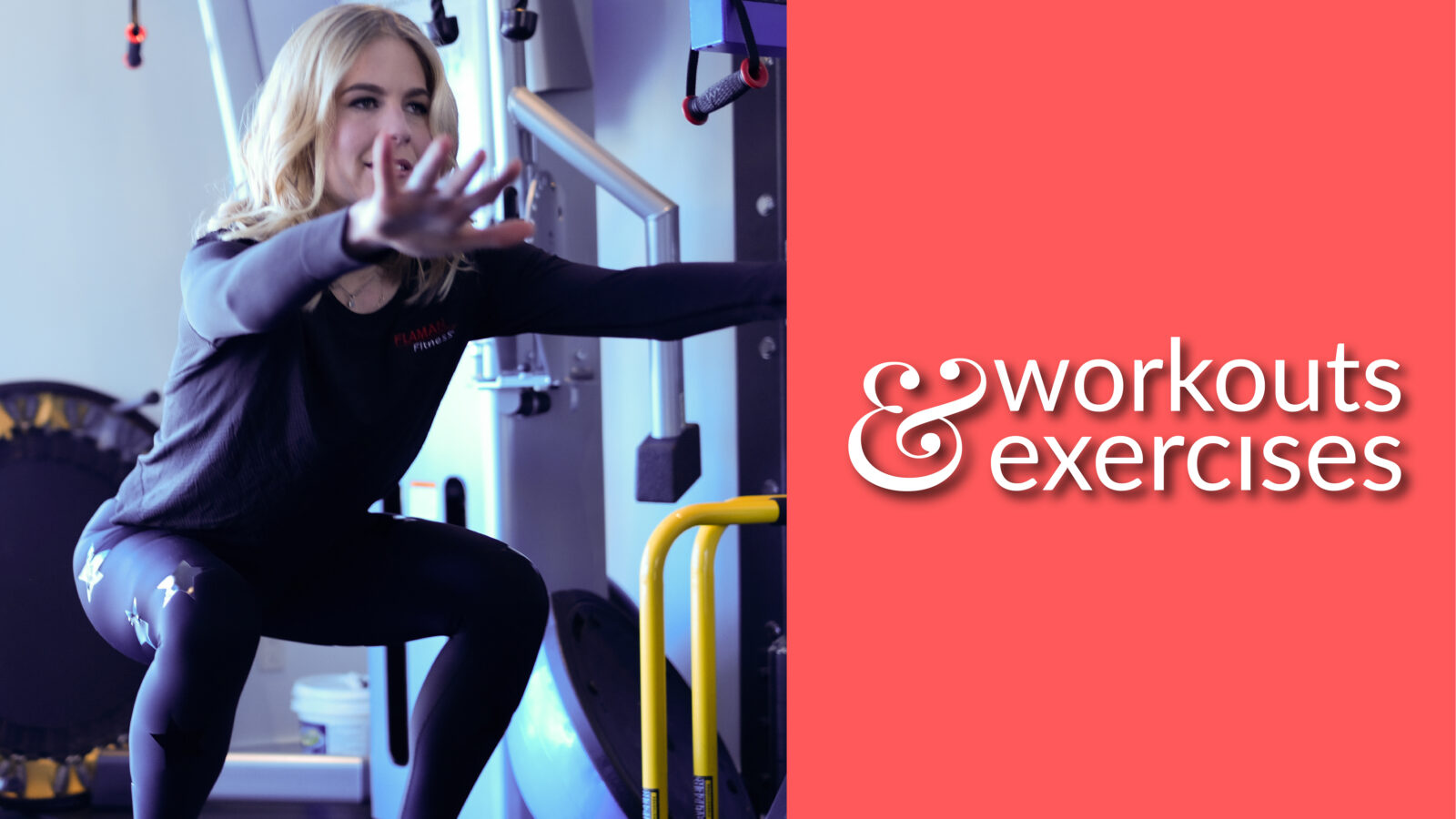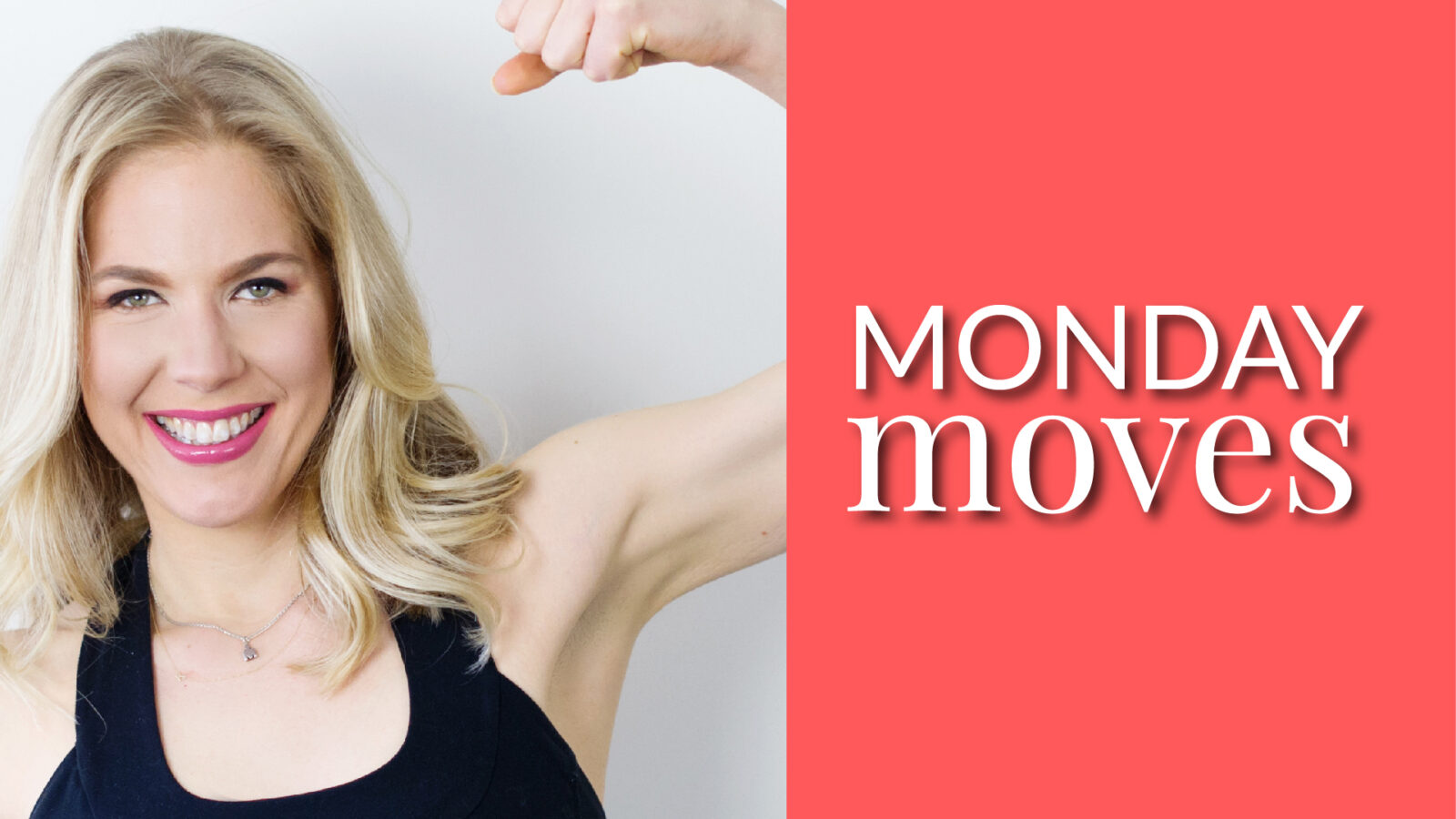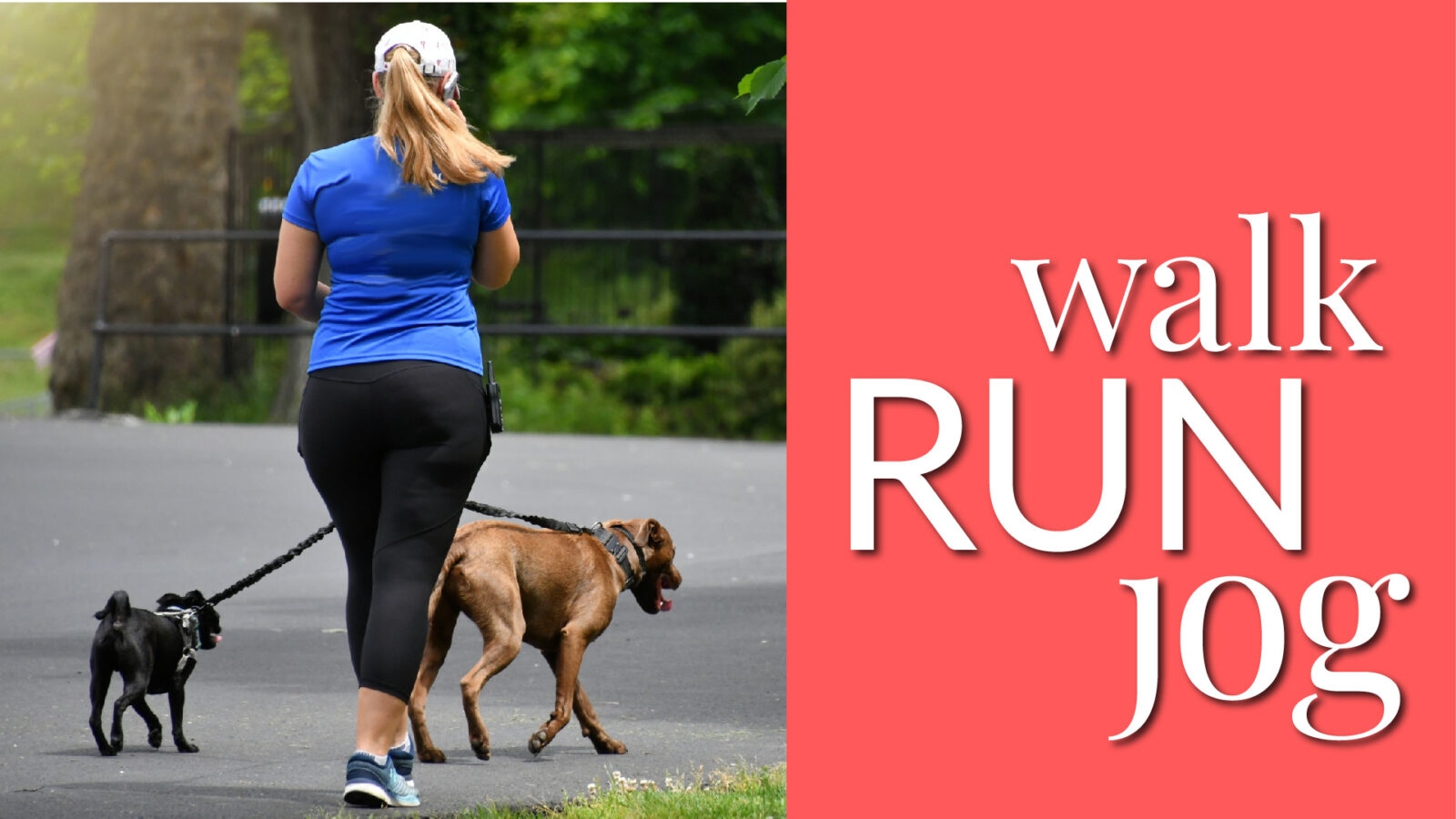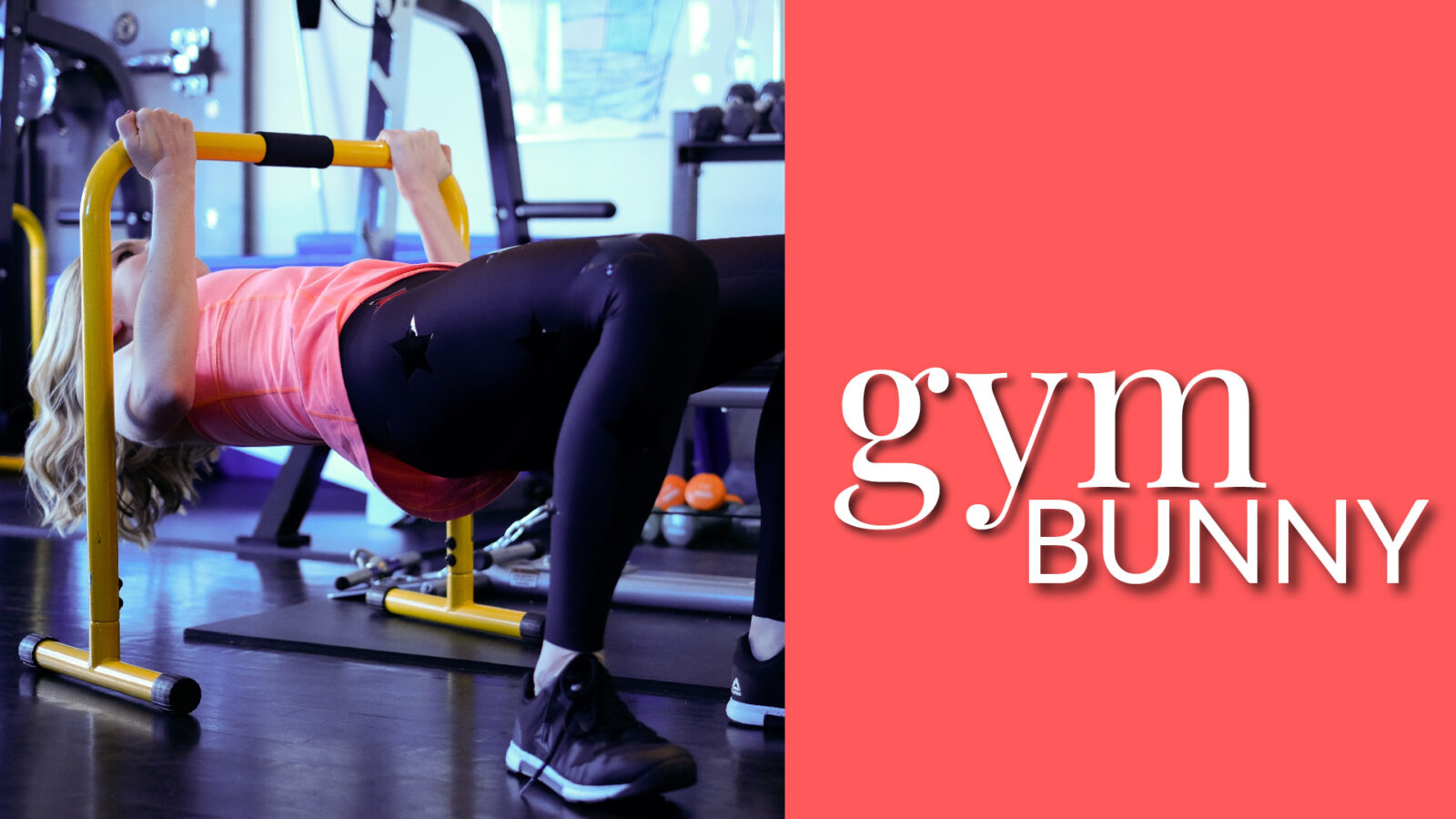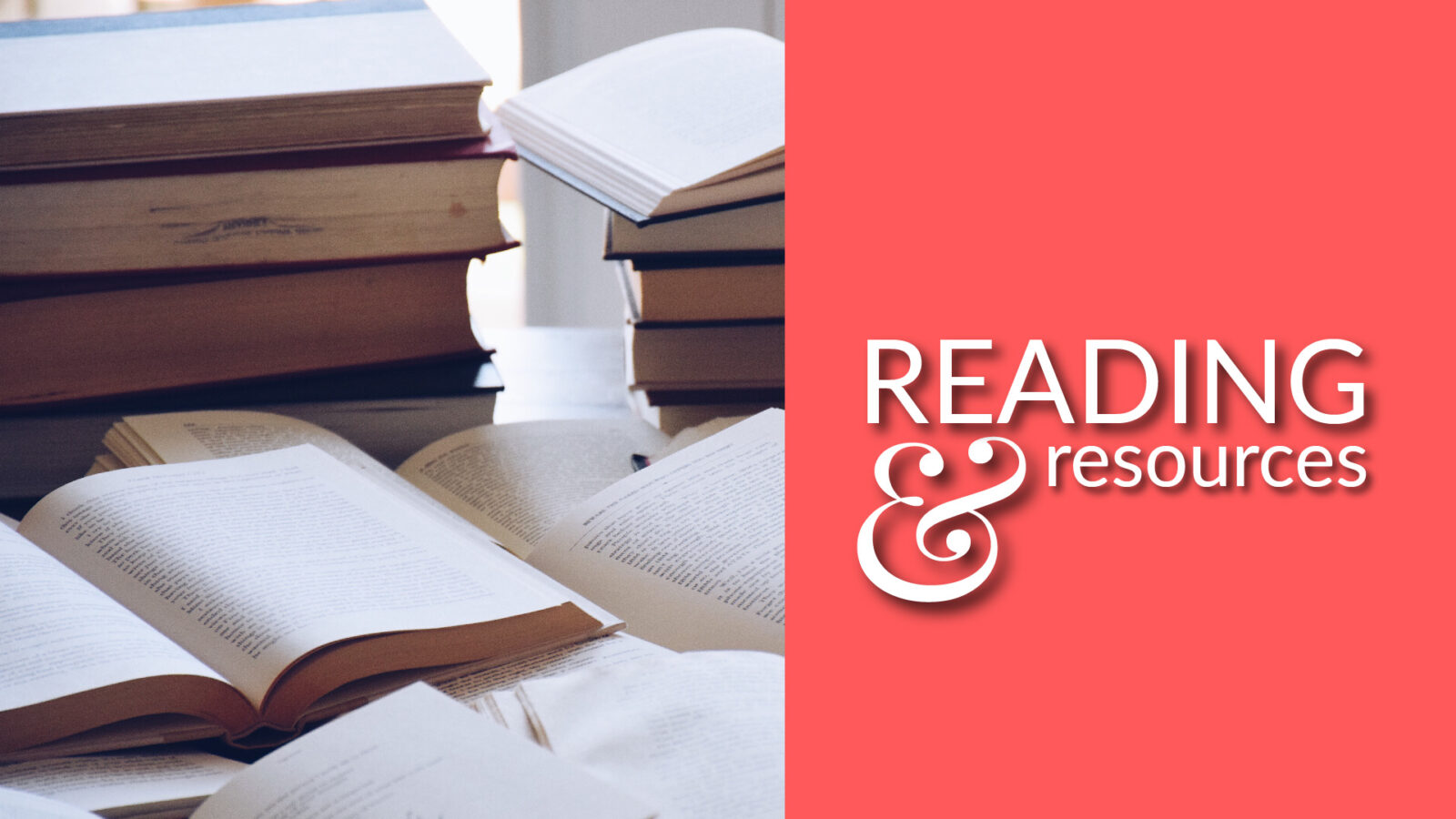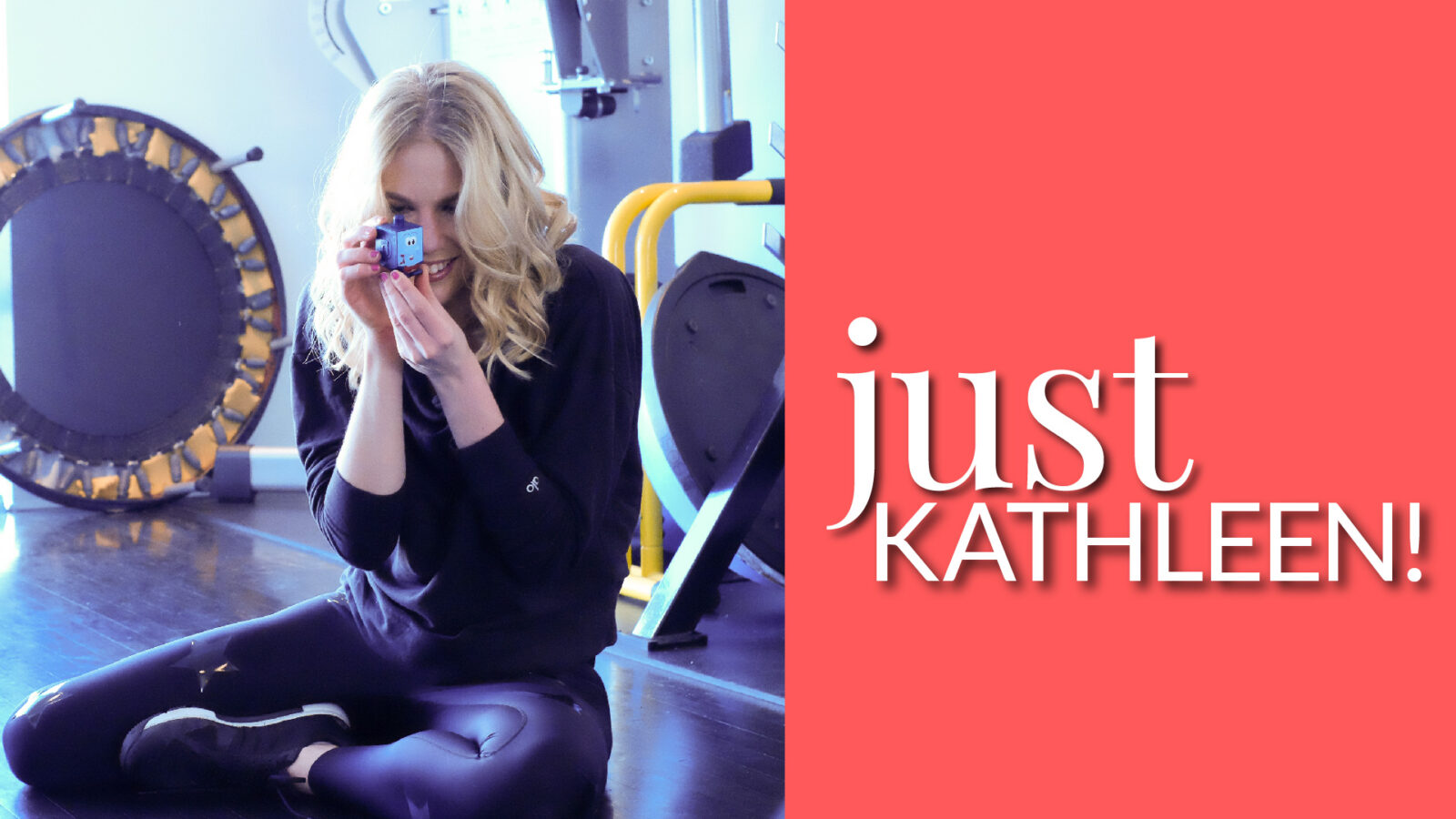I Resisted Journaling for Years. Now I Know How It Can Change Your Life
You can’t become the best version of yourself without first becoming aware of your current choices, thoughts and self-talk.
I resisted journaling for years. I believed it would be overkill — that I didn’t need it. I talked through my emotions in therapy and with friends. Then, during the ramp up to my second book in late 2018, my anxiety reached new heights. Out of desperation, I leaned into journaling — it couldn’t hurt. I committed by marrying the practice with my morning workout, yoga and meditation routine.
I discovered that writing — and seeing data on the page — is not the same as talking or thinking through an issue. Journaling helped me pinpoint patterns, behaviours and self-limiting loops. The result? Less anxiety, greater health consistency (workouts, meditation, healthy eating, etc.) and improved mood.
Now, this epiphany verges on ridiculous — or at least a “duh.” As a trainer I know from experience that awareness (which journaling facilitates) is often the critical missing link when adopting healthier habits. Recording diet and exercise makes us aware of choices and offers a visual representation of habits. Well, shock of all shocks, this holds true for emotions, thought patterns, relational behaviours, etc.
Journaling is a massive umbrella concept that includes everything from gratitude journals, to old-school fitness logs, to apps that remind you to reflect (the this app is a favourite). Below is the format currently working for me. I encourage you to try various parts. If one idea grabs you, great. If not, research and experiment until you find what works for you.
What worked, and what didn’t?
I begin each session by noting two to four behaviours from the previous day that made me a happier, healthier, calmer and more productive Kathleen. Maybe prioritizing yoga after running or sending a friend a thoughtful note. If I decide I want the choice/behaviour to become daily routine, I brainstorm systems to ensure future success. You can’t “hope” your way to healthier habits.
For example, on Feb. 17 I wrote:
“Yesterday was both an objectively good day and an emotionally good ‘headspace’ day. Why? I did my run and my yoga. I always feel better when I do yoga post-run. Date night was fun. I listened to my audiobook — that always makes me happy … and I managed to not hit the snooze button again.”
Not hitting the snooze button in the morning is a new habit of mine. It has been a work in progress — but I recently figured out my solution. I now place my alarm across the room and set the ring tone to music. As I stumble to silence the alarm, I start dancing, then I am awake.
I also note two to four things that made me a less happy and healthy Kathleen. I then brainstorm systems to ensure I make those choices less often.
X-and-O food journal
The old-school “record everything” food journal can be an excellent, short-term awareness-building tool, especially for newer health devotees. In the long term I have found the “X-and-O” journal is psychologically healthier.
Each day I reflect on my choices. If I generally ate well — consumed nutritiously dense food, stopped when I was full, hydrated properly, etc. — I place an “X” and move on. I put an “O” to represent any meal or snack that went off the rails.
When circles crop up, I brainstorm reasons behind my less-than-ideal choice(s). Was I lonely? Sad? Tired? I then set up systems to allow my future self to cope in a healthier way.
For example, on March 21 I noted that the night before I had indulged after dinner and wrote:
“You NEVER feel good when you eat too close to bed. Your sleep suffers. You were not hungry. You were tired and maybe in need of a chat with a friend. Next time make some tea, phone a friend, and then GO TO BED.”
I often write to myself in capital letters.
Quashing my anxiety
Inspired by Tim Ferriss, I note the three to five things that currently cause me anxiety. Usually just reading the list shows me how silly it is. If not, I note how I have managed to control similar situations in the past, making conscious the fact that the “data” shows I am capable of persevering.
If neither of these help, I play out the worst-case scenario. For example, I often get anxious before TV appearances. On January 27, I noted my anxiety regarding a BT Toronto appearance. I wrote:
“I will not F (full word) up on BT. I have done literally hundreds of these live appearances before … but if I do make a mistake, that would not be the end of the world. I am human and no one and no person is perfect. Plus, these appearances have always been a goal of mine — embrace the joy. Stop trying to have it both ways. Either want it and enjoy the crazy, or don’t set these things as a goal.”
The message I try to impart to myself is that, usually, the worst case is not that bad, and that even if I fail, I can pick myself up and learn from the experience. The people I respect will support my growth. Anyone who judges me doesn’t matter. No anxiety is helpful, and no anxiety is worth negative health repercussions.
Morning pages
I finish with “free-flow” writing. This can be anything from a single sentence — sometimes I just write a quote that I find meaningful — to five pages or more. For example, on Feb. 5 I wrote in big, bold letters:
“Remember, Kathleen, that if it is a problem that can be solved by action it is not a problem. Just ACT!”
Entries like this help me spot patterns of behaviour, thoughts and emotions.
You can’t become a fitter, healthier, more productive version of yourself without first becoming aware of your current choices, thoughts and self-talk. We all need a way to disconnect from our daily “sprint” and objectively observe our thoughts and actions.
More from HuffPost Canada:
- What Is A Bullet Journal, And Should You Keep One?
- BLOG: My Fitness Obsession Burned Me Out Instead of Empowering Me
As you observe — picture stepping onto a balcony and observing the dance floor of your life — embrace a growth mindset. When you notice yourself making a less-than-ideal choice, having an anxious thought, and/or behaving badly with a friend or colleague, note the experience and use it as data so you can avoid that experience in the future.
Originally published on the Huffington Post

